Prince Johnson, a sitting senator and ally of Liberia's President Boakai, who doubled as a notorious warlord during Liberia's tumultuous civil wars, died on Thursday at the age of 72, a spokesperson for the family confirmed to Reuters.
Johnson gained international notoriety during the first Liberian civil war (1989-1990) for drinking beer on videotape while his men tortured former President Samuel Doe for 12 hours before executing him.
In a statement on Johnson's death, President Boakai noted, "While we may not have always agreed on the path our nation pursued, we recognize the impact of his work and his dedication to representing the people of Nimba county."
What You Need to Know
The First Liberian Civil War was brought on through a 1980 coup which toppled the administration of President William Tolbert. The orchestrator of the coup, Samuel Doe, followed a policy of ethnic favoritism towards the Krahn people. In 1985, a coup against Doe backfired and thousands of those of Mano and Gio ethnicity were killed in retaliation.
Dissenters from Doe's administration formed the National Patriotic Front of Liberia (NPFL), with Charles Taylor as its head.
In 1989, Taylor spearheaded an attack from the Ivory Coast into Liberia's Northeast, which became the first official act of the civil war.
During this time, Prince Johnson, created a splinter group of the NPFL, the Independent Patriotic Front of Liberia (INPFL). It was the INPFL that captured, tortured and eventually executed President Doe in 1990.
The execution of Doe did not end the fighting however. Taylor became President in 1997, and the nation witnessed a brief peace for two years. The Second Liberian Civil War began after an anti-Taylor faction launched an incursion into Liberia from Guinea.
The second Liberian Civil War ended in 2003, with Taylor fleeing to Nigeria after being ousted from Government.
Since the cessation of hostilities in the country, a mere handful of key figures have been tried in France, Switzerland, and Finland for their roles in the nation's civil wars. Only in August of this year did Liberia's senate vote to establish a war crimes court, with President Boakai calling for its establishment in January.
However, there has been opposition to the establishment of such a court as opponents claim a resurfacing of old wounds will have an adverse affect on national healing. Furthermore, questions around the future role of an amnesty law which contributed to the end of the civil war had been brought by concerned parties, notably Prince Johnson, earlier this year.
"Any attempt to undo that legal instrument that is the basis for our peace… is a means to enthrone instability," said Johnson.
A 1989 Human Rights Watch report on the conflict highlighted the grave human rights violations committed by the warring parties, notably, the violations committed by Johnson and his forces.
"Prince Johnson's forces engage in abuses within Monrovia, however, and the rebel leader himself has murdered innocent civilians in full view of the international press. On August 3, for example, Prince Johnson shot and killed a relief worker accused of profiteering from rice sales, while the victim was handcuffed to a Frenchman working for Catholic Relief Services. The execution was carried out before photographers, and the international press carried photos of a gun-toting and grinning Prince Johnson pointing at the dying victim as he lay on the ground. Another incident was witnessed by a group of Nigerian journalists in mid-September. The journalists reported that Johnson sprayed a car with bullets, killing the driver. A German woman passenger was wounded and taken away by rebels. In another incident, Johnson accused a woman of stealing rice and shot her in the face.
The most dramatic case of rebel atrocities against prisoners is that of Samuel K. Doe himself. Doe was captured by Prince Johnson's forces when he came out of the Executive Mansion with 65 of his bodyguards on September 10, apparently to negotiate his departure from Liberia with the ECOMOG forces. According to eyewitnesses, Doe was mutilated horribly before he finally died, and his body was displayed and desecrated by the rebels at the Island Clinic. Such treatment, including desecration of the corpse, is strictly prohibited by humanitarian law."
So, What Now?
The question of how Johnson positioned himself as a political kingmaker after the war, serving as a senator until his death, is answerable only when one understands the depth of tribalism within Liberia—with Johnson elected as a senator in 2006 in his home county of Nimba.
Using his political weight to aid Ellen Johnson-Sirleaf's rise to power in 2011 before supporting opposition candidate George Weah in 2017, one of Johnsons final political u-turns saw the warlord support Weah's opposition Joseph Boakai in the nation's 2023 election, bringing Boakai—who has since been accused of practicing tribalism within his governmental appointments—to power.



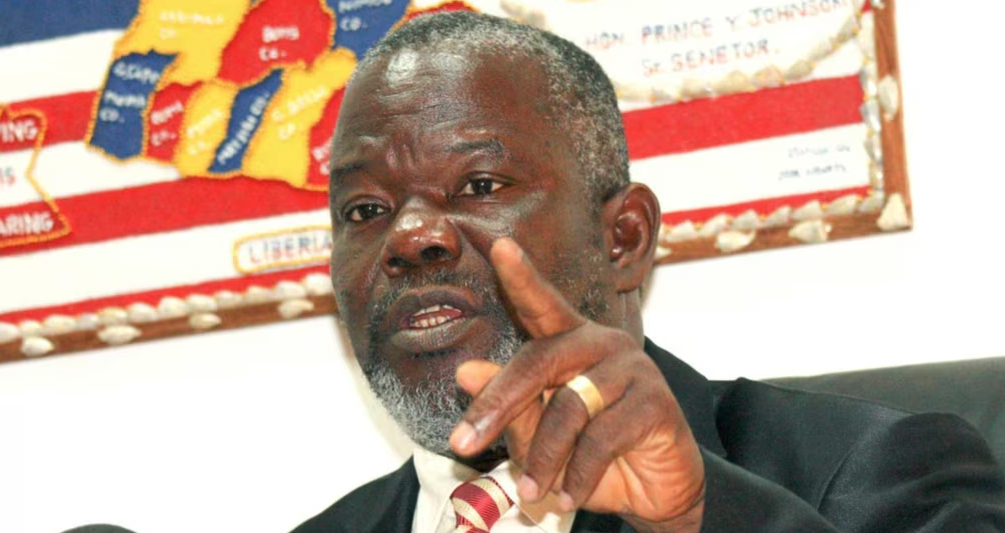
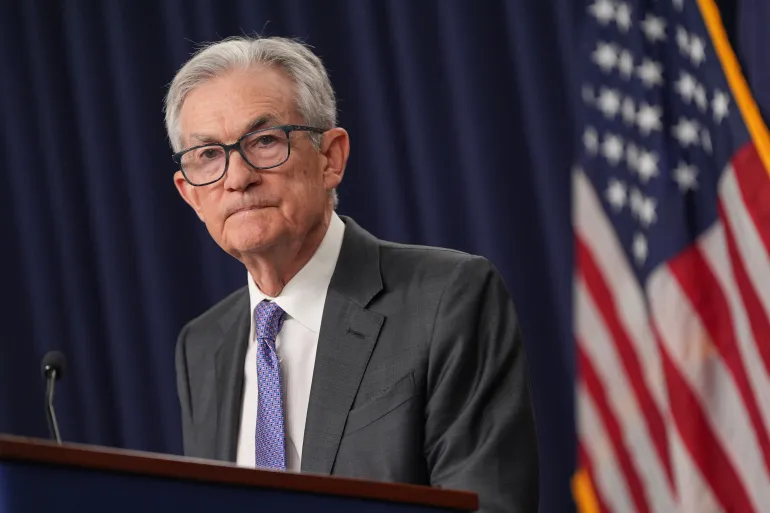

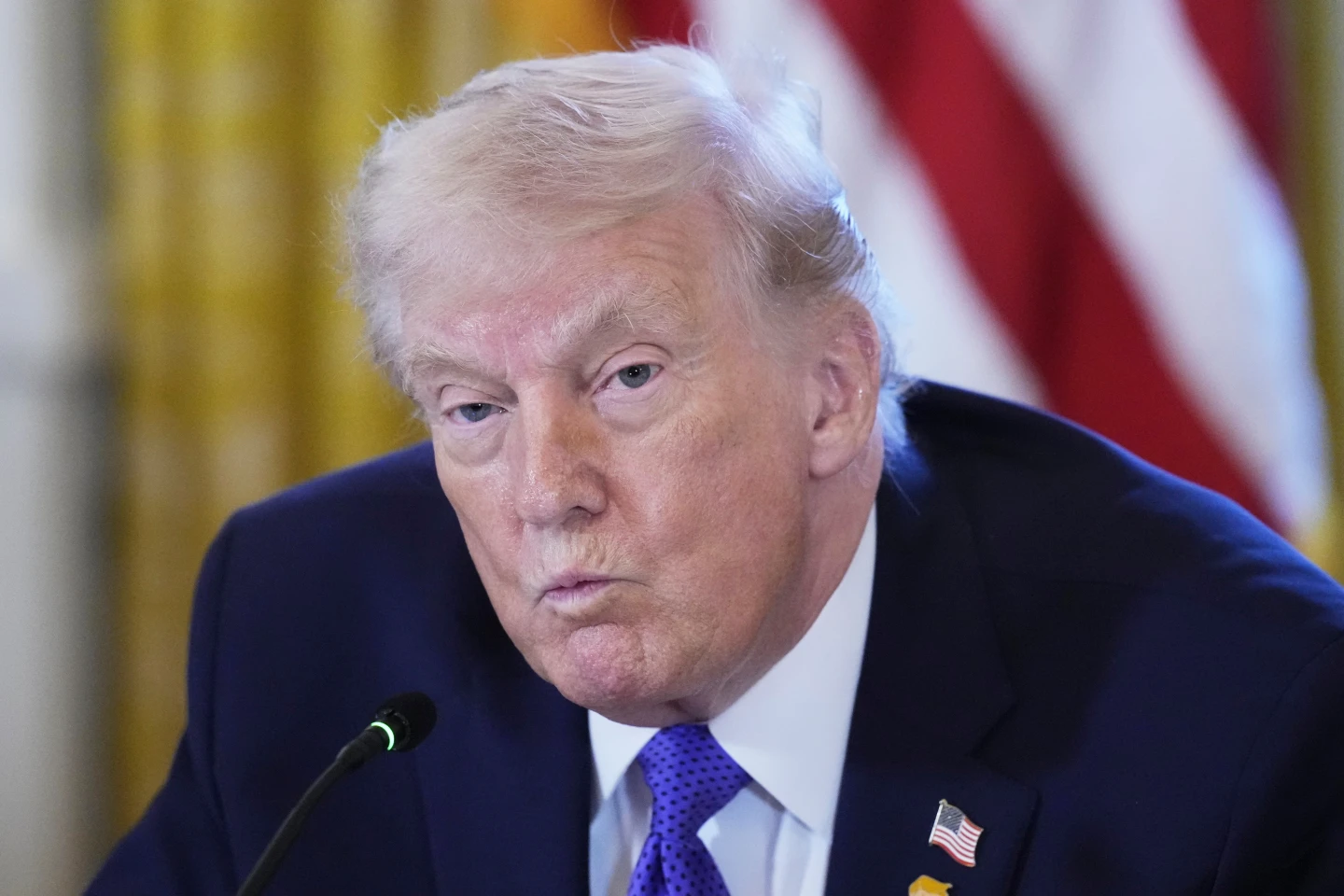
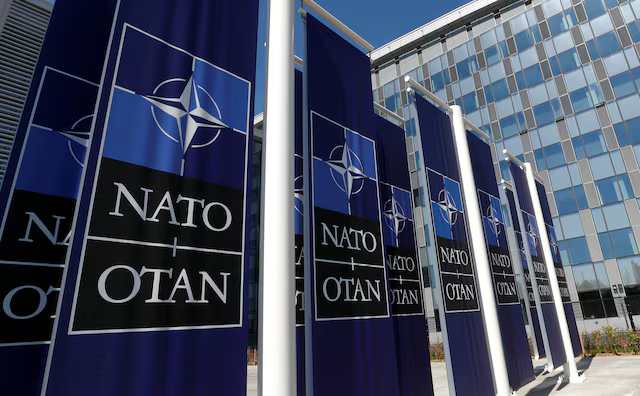
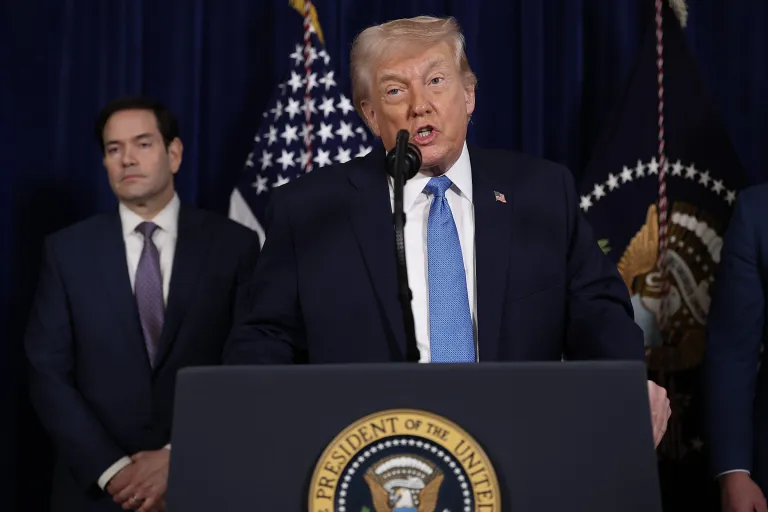
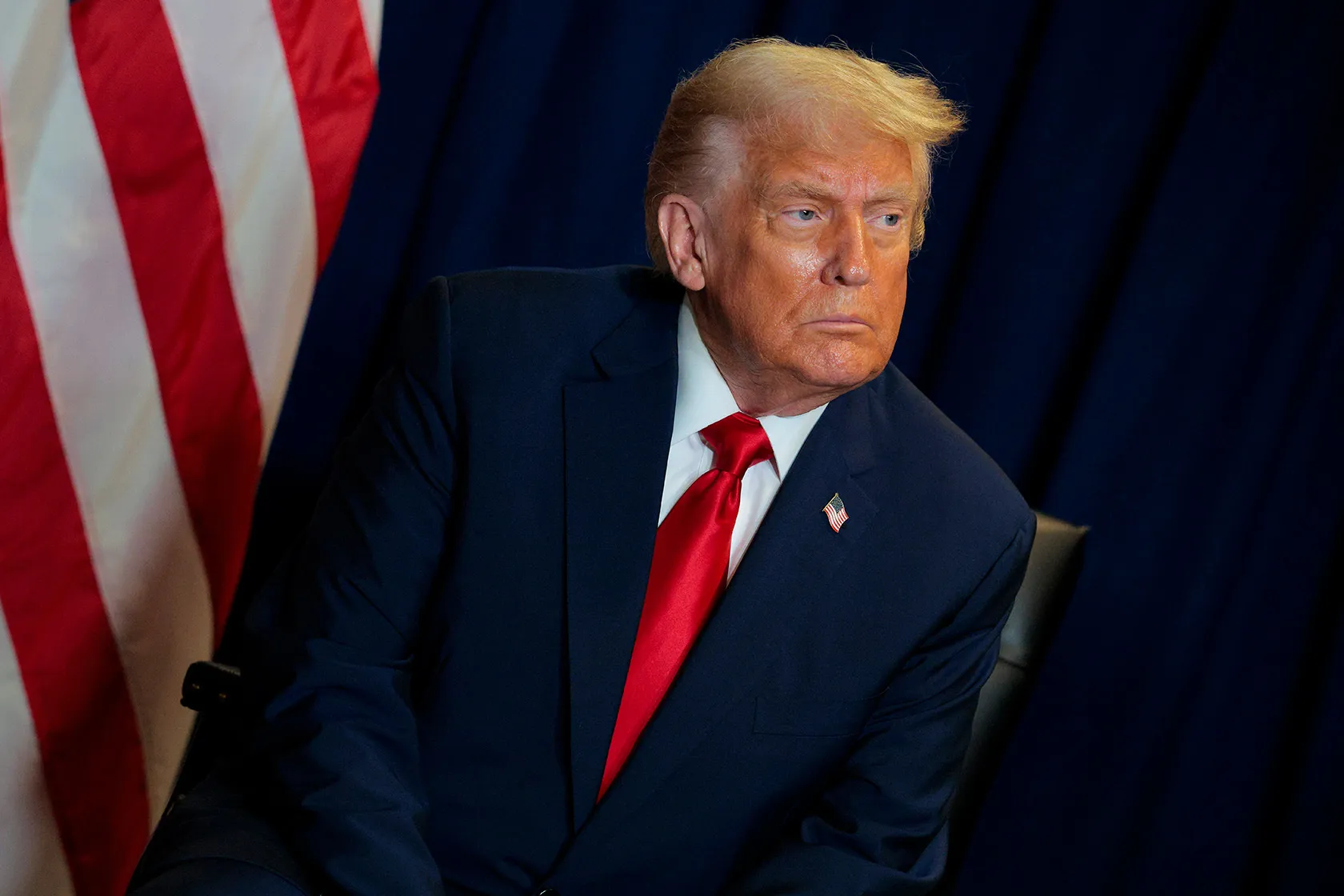
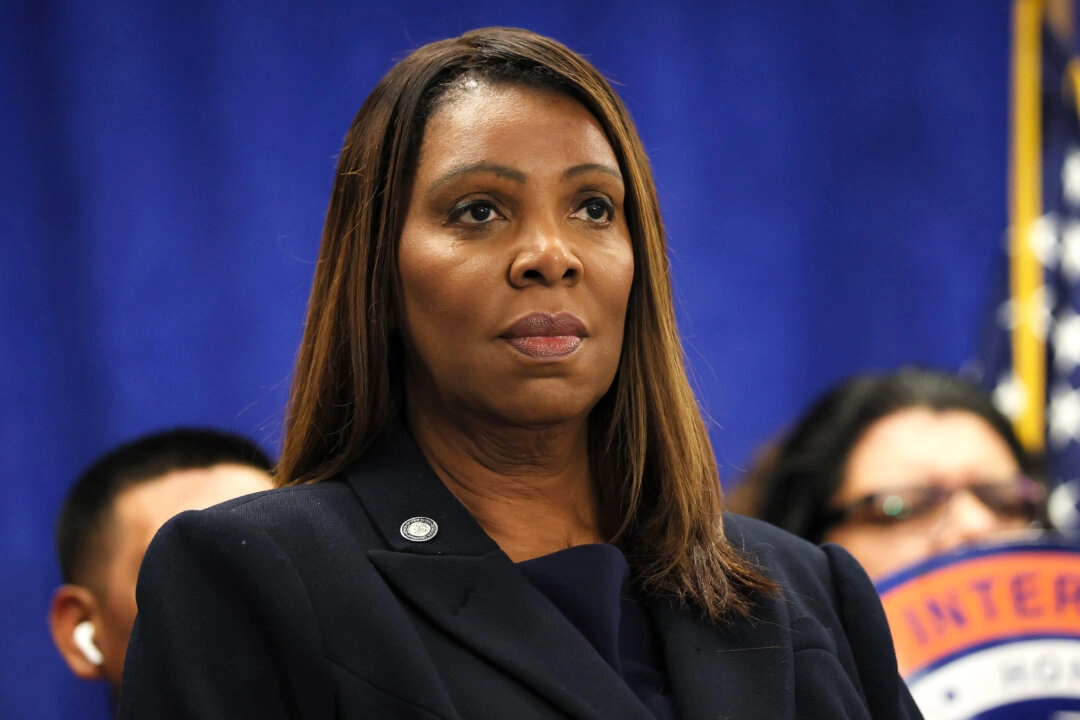
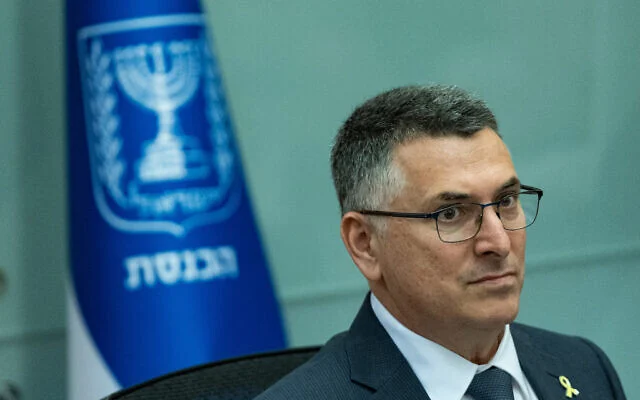
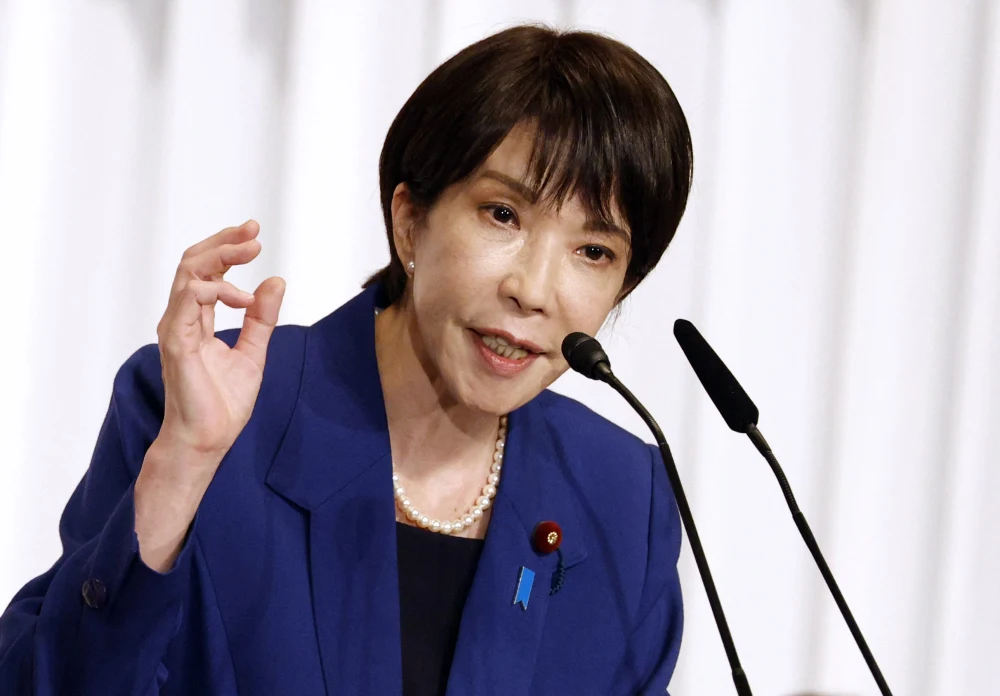
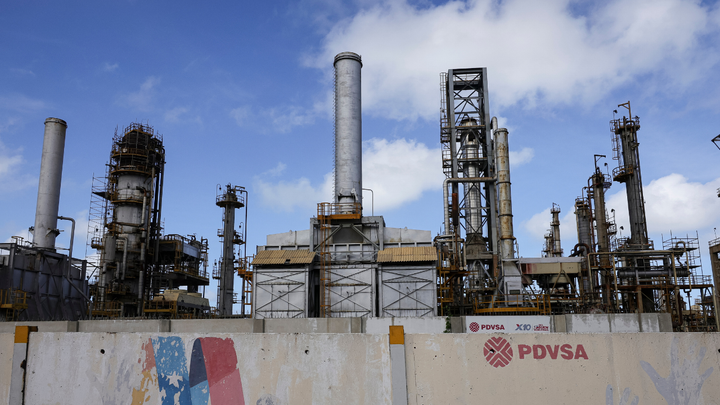
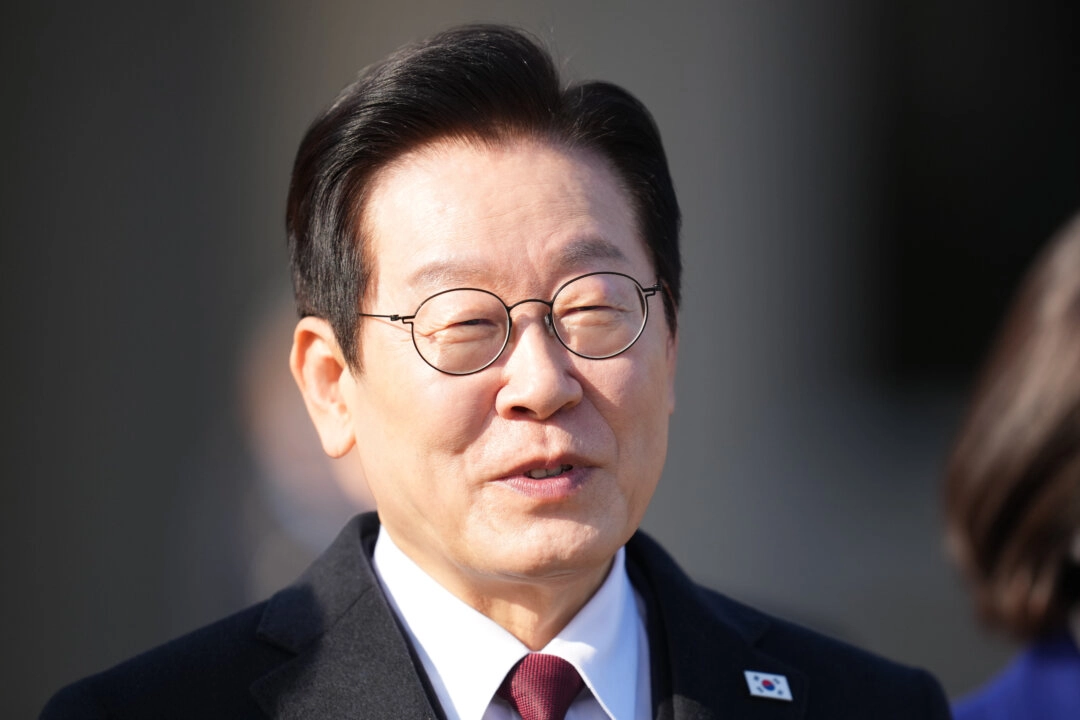
Discussion